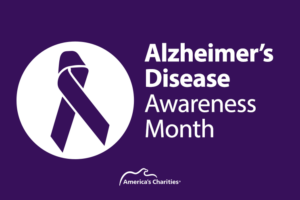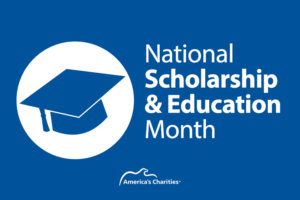Sarah Ford | May 7, 2014
Digital Data Further Blurs Boundaries Between Sectors
By Lucy Bernholz
The White House released its report, Big Data: Seizing Opportunities, Preserving Values, yesterday.
The only place the word “nonprofit” appears in the report is in the appendix explaining where public comments to the process came from. The report focuses on the collection, use, sharing, storing, mining, retention, and destruction of personally identifiable data by corporations. Many analysts have already commented that the report was timed and designed to draw attention away from the government’s own practices regarding data collection, use, sharing, storing, mining, retention, and destruction of personally identifiable information. The report rightly points out the potential of digital data for efficiency and convenience and the perils it poses in terms of due process, discrimination and privacy.
Regardless, no attention is paid to the role of digital data in civil society, philanthropy, and the social sector. (This despite the fact that several of the public meetings held to inform the report were coordinated with university and nonprofit partners.)
Nonprofits and foundations do all the same things with digital data that businesses do – they collect, store, use, share, mine, retain, and destroy it. They may not do it on the scale of business or government, although certainly nonprofit research universities, hospitals, and science centers are pretty big.

Get Resources and Insights Straight To Your Inbox
Explore More Articles
Open Position: Customer Service Coordinator (Remote-Part Time)
Position Title: Customer Service Coordinator (Remote – Part Time) Department: Charitable Funds Management Solutions We are a non-profit charitable organization looking for skilled individuals who…
Read ArticleGet Resources and Insights Straight To Your Inbox
Receive our monthly/bi-monthly newsletter filled with information about causes, nonprofit impact, and topics important for corporate social responsibility and employee engagement professionals, including disaster response, workplace giving, matching gifts, employee assistance funds, volunteering, scholarship award program management, grantmaking, and other philanthropic initiatives.




